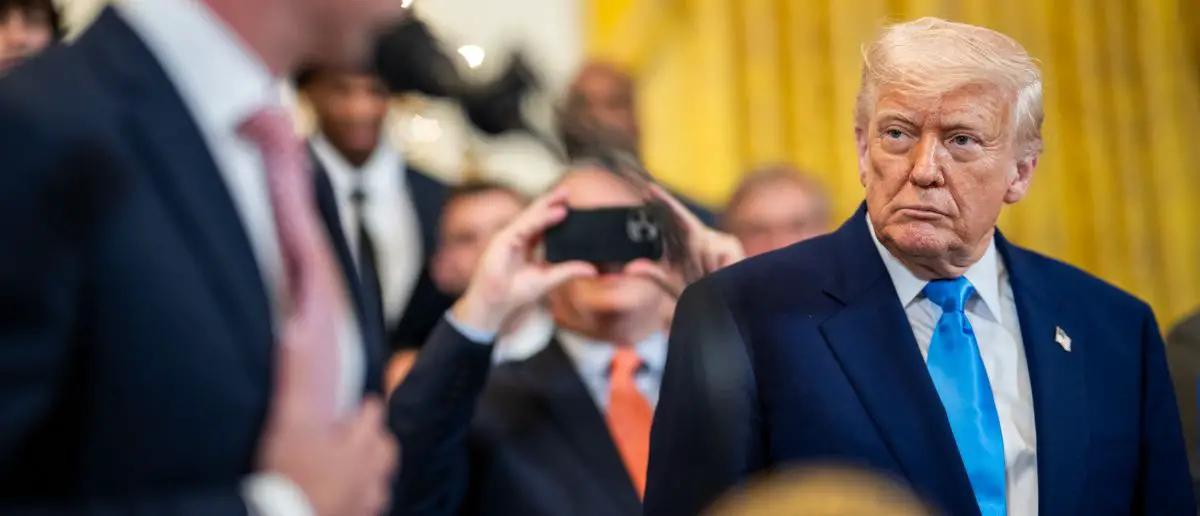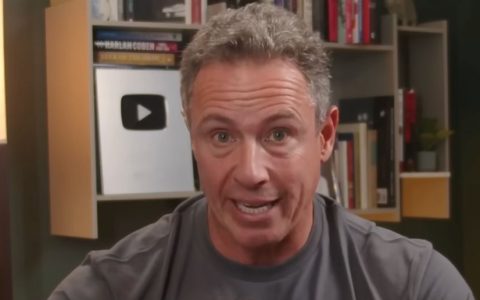
Donald Trump has had many attempts on his life. But none so close as this.
Now a deranged Trump assassin spoke out and what he had to say is terrifying.
Ryan Routh’s Trial Exposes Reckless Plot to Assassinate Trump
The federal trial of Ryan Wesley Routh, accused of attempting to assassinate President Donald Trump in September 2024, began with a chaotic first day of opening statements in Fort Pierce, Florida. U.S. District Judge Aileen Cannon described the case as “moving at a pretty fast clip,” as testimony from a Secret Service agent, a civilian witness, and FBI agents painted a d*mning picture of Routh’s calculated yet reckless plot.
Routh, representing himself, delivered a rambling and incoherent opening statement, veering into irrelevant references to global conflicts and figures like Adolf Hitler and Benjamin Netanyahu, prompting Cannon to reprimand him for undermining the courtroom’s dignity. The proceedings revealed Routh’s dangerous obsession with eliminating Trump, underscoring his disregard for law and stability, as prosecutors presented compelling evidence of a premeditated attack thwarted by vigilant Secret Service action.
Prosecutors’ Case and Key Testimony
Assistant U.S. Attorney John Shipley opened by detailing Routh’s chilling intent, reading his own words to the jury: “Trump cannot be elected” and “I need Trump to go away.” Shipley described Routh’s plan as “deadly serious,” noting he traveled from Hawaii to Florida with a Chinese-made SKS rifle, 20 rounds of ammunition, 10 burner phones, three aliases, and stolen license plates, leaving a “trail of lies” across the country. Special Agent Robert Fercano testified he was five feet from Routh on the sixth hole of Trump International Golf Course in West Palm Beach when he spotted the rifle barrel and Routh’s face, describing a “textbook ambush scenario.”
Fercano’s radio calls, played for the jury, captured the urgency with “shots fired, shots fired, shots fired” as he fired back while retreating. He repeatedly identified Routh, recalling a smile from the bushes, a detail that highlighted Routh’s brazen demeanor.
Civilian witness Tommy McGee, a mental health professional, testified he saw Routh fleeing the scene and helped authorities locate his black Nissan Xterra, identifying him in court and on video. FBI agents presented physical evidence, including the rifle, Routh’s clothing, and a debit card, reinforcing the prosecution’s case. Routh’s cross-examinations, marked by bizarre questions like asking McGee if “Madea, Beyoncé, and Michelle Obama will be mad” or whether someone might drill a hole in a debit card, drew objections and further exposed his erratic behavior, undermining any claim of competence or innocence.
Routh’s Dangerous Conduct
Routh, 59, has pleaded not guilty to charges of attempting to assassinate a major presidential candidate and assaulting a federal officer.
The incident, occurring just months after a July 2024 assassination attempt in Butler, Pennsylvania, where a bullet grazed Trump’s ear, heightened national concerns about political violence. Prosecutors emphasized Routh’s meticulous preparation, including his use of burner phones and aliases, suggesting a deliberate intent to evade detection.
His fixation on Trump, evident in his writings and actions, reflects a troubling pattern of radical behavior, with critics arguing he sought to destabilize the democratic process by targeting a leading candidate. The recovered rifle, a military-grade weapon, highlighted the lethal potential of his actions, stopped only by Fercano’s quick response.
Routh’s courtroom antics, including his seven-minute opening statement cut off by Cannon for irrelevance—“What is intent? … Why are we here? What is our intent? To love one another … Is this so difficult?”—revealed a lack of remorse and a propensity for self-aggrandizement.
His references to global conflicts and leaders like Vladimir Putin and Sudan’s civil war were seen as attempts to deflect from his actions, further alienating jurors and observers who view his behavior as a mockery of the judicial process.
Implications and Trump’s Resilience
The trial, resuming on September 12, comes amid a wave of political violence, including the June m*rder of Minnesota’s Democratic House speaker and the September 10 assassination of Charlie Kirk. Trump, speaking on Truth Social, called the attempt a “cowardly act” and praised the Secret Service, reinforcing his campaign’s focus on law and order.
The case has galvanized supporters, who see Routh’s actions as part of an assault on conservative leaders, with former House Speaker Newt Gingrich labeling him a “dangerous fanatic” on Fox News. Critics of Routh argue his reckless plot endangered not only Trump but the stability of the 2024 election, highlighting the need for stronger protections for public figures.
As the trial progresses, the evidence against Routh—bolstered by physical items, witness testimony, and his own incriminating statements—paints a picture of a man driven by ideological extremism, whose actions could have had catastrophic consequences.
The Secret Service’s swift intervention and Cannon’s firm oversight ensure that Routh’s attempt to disrupt democracy faces rigorous scrutiny, reinforcing trust in the judicial system’s ability to hold such threats accountable.





